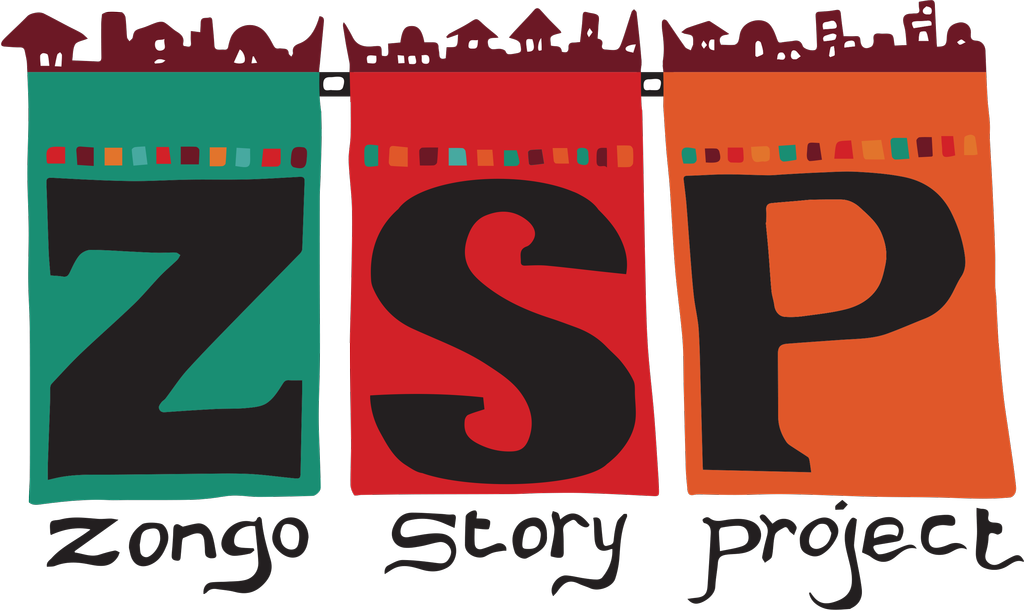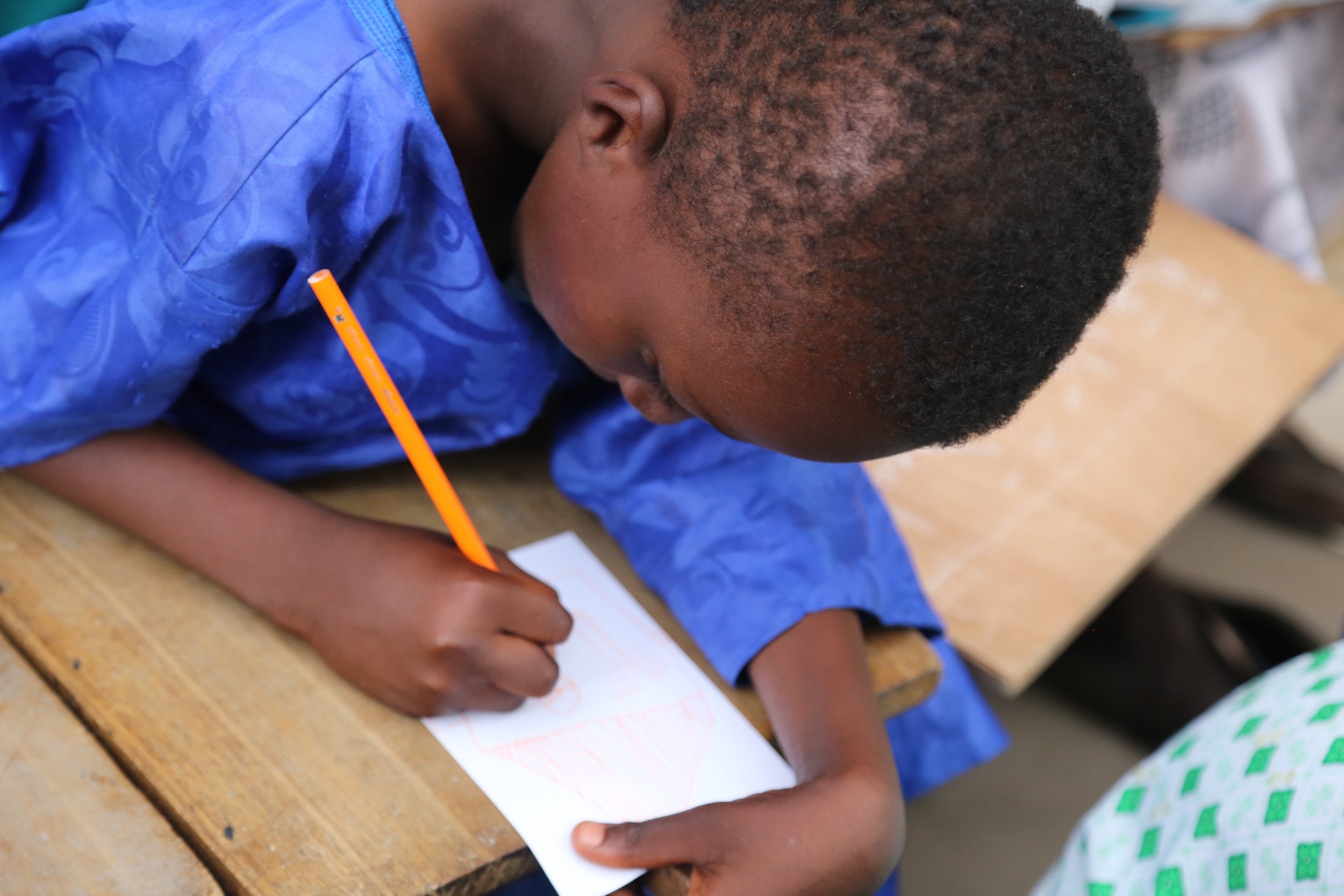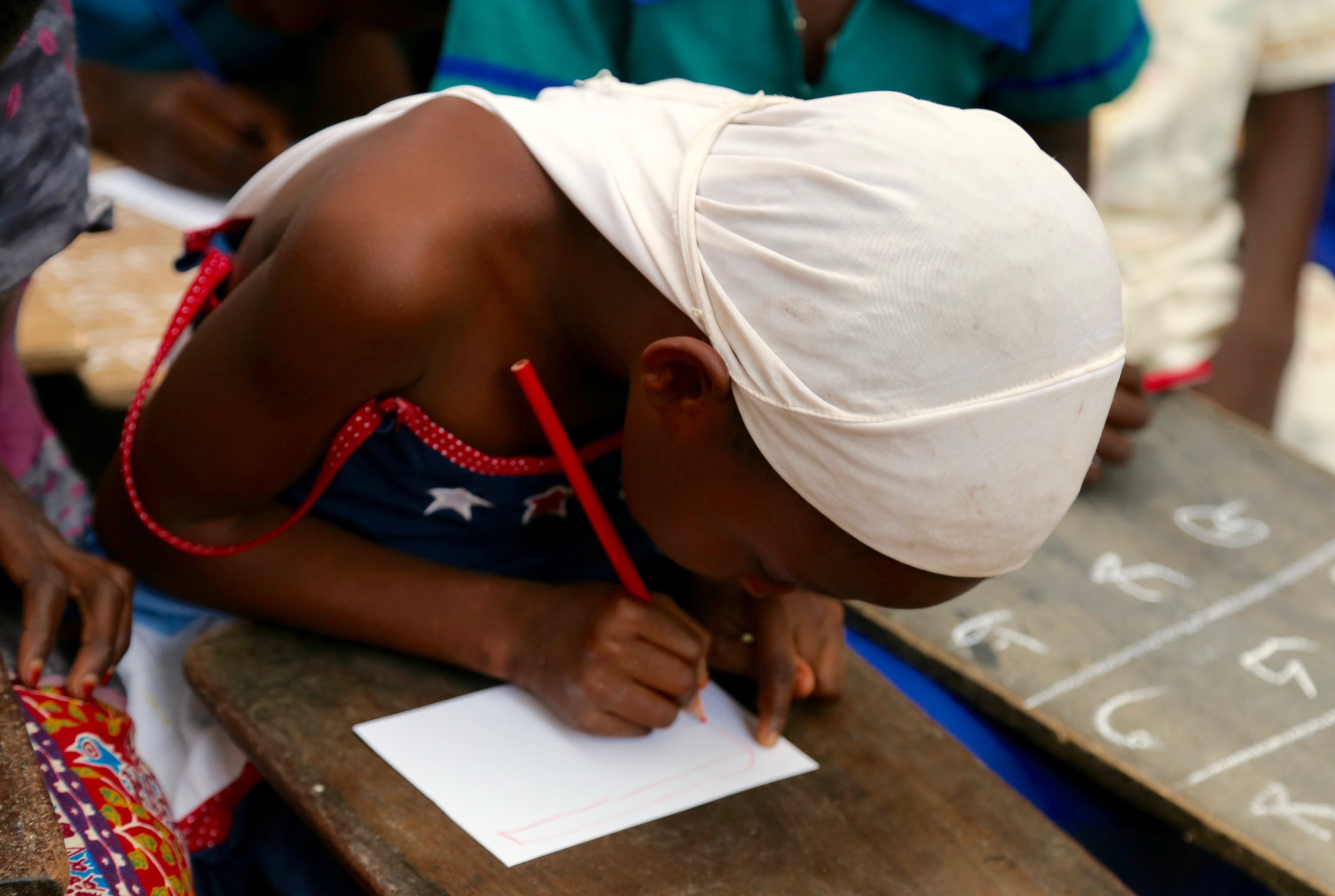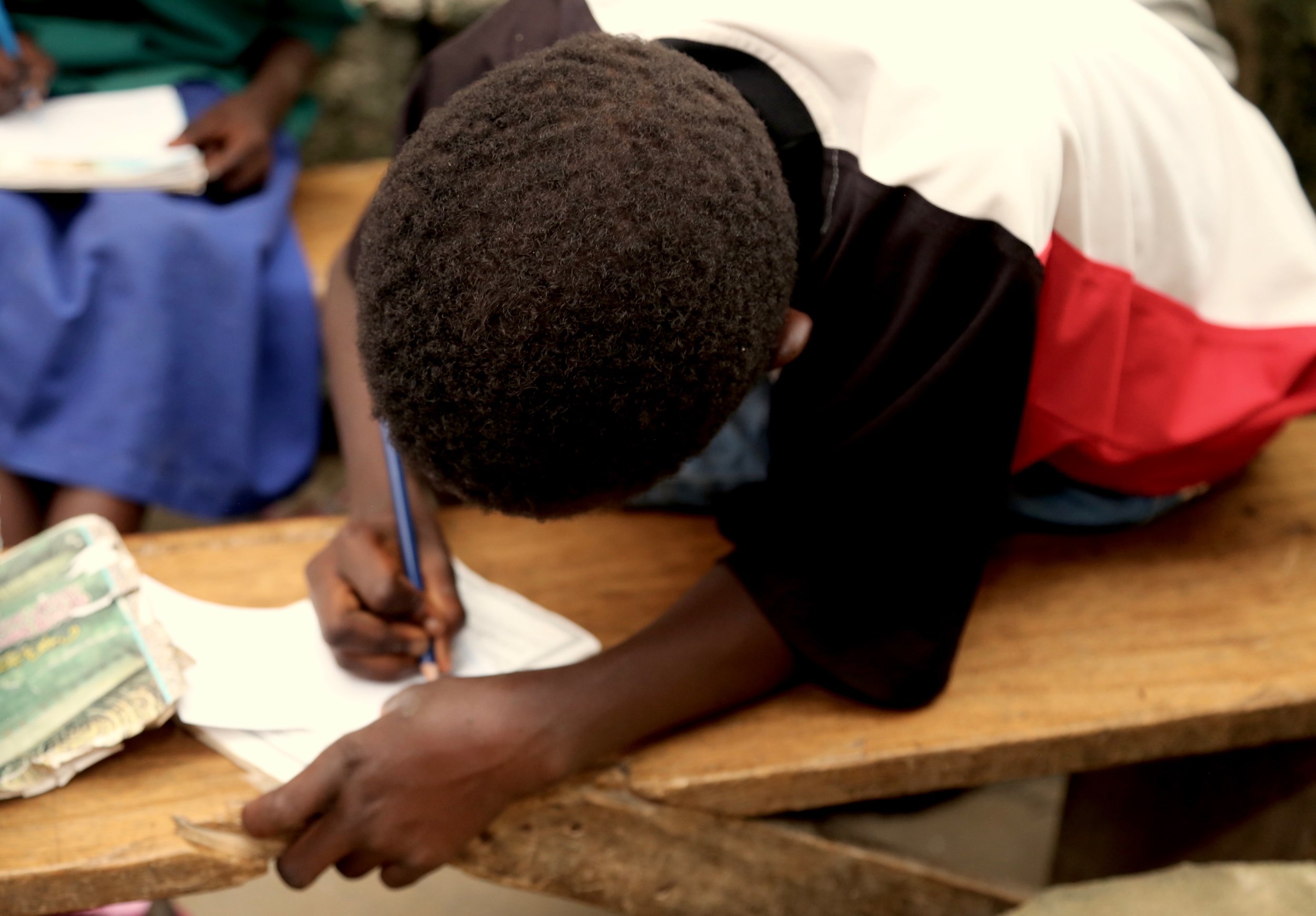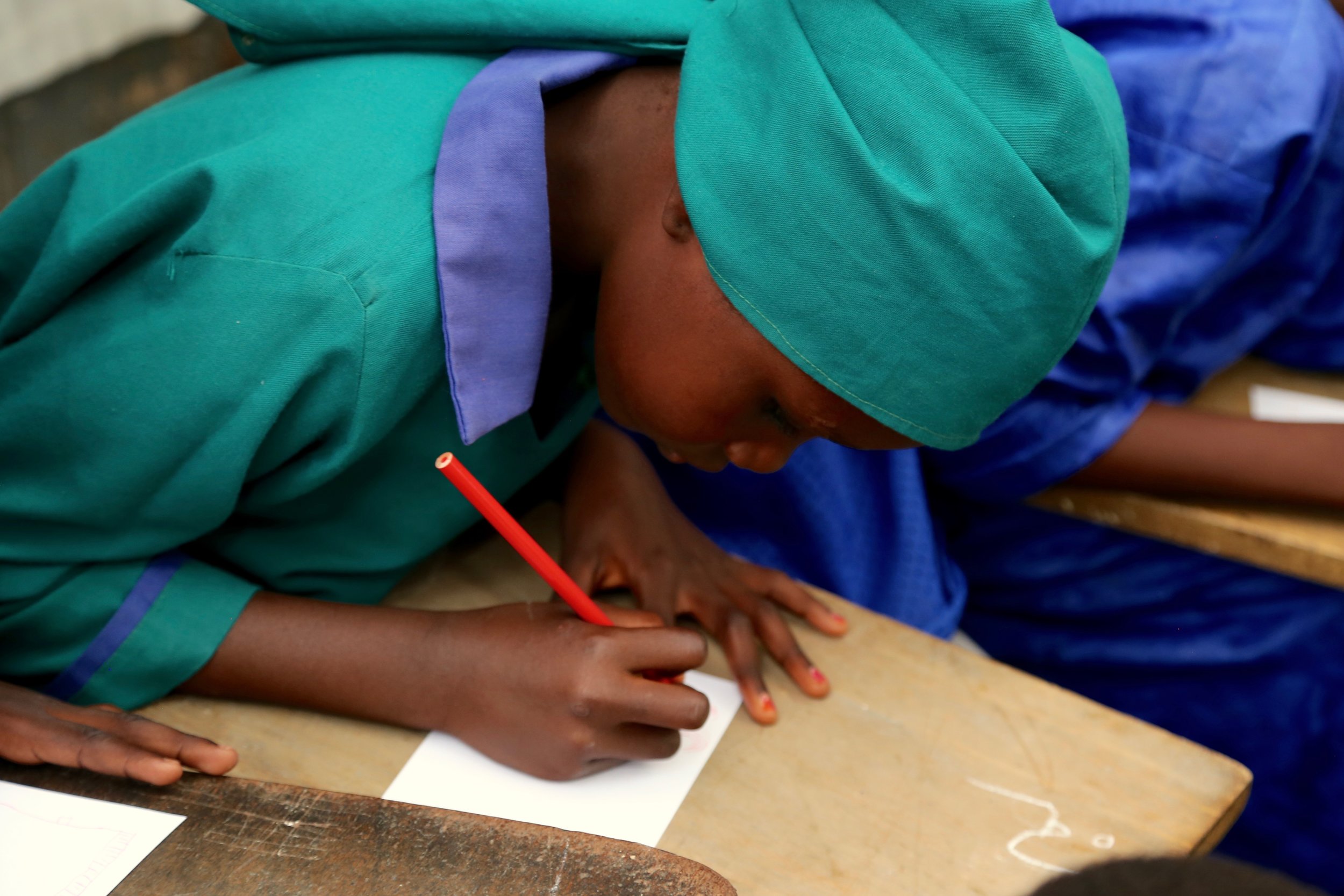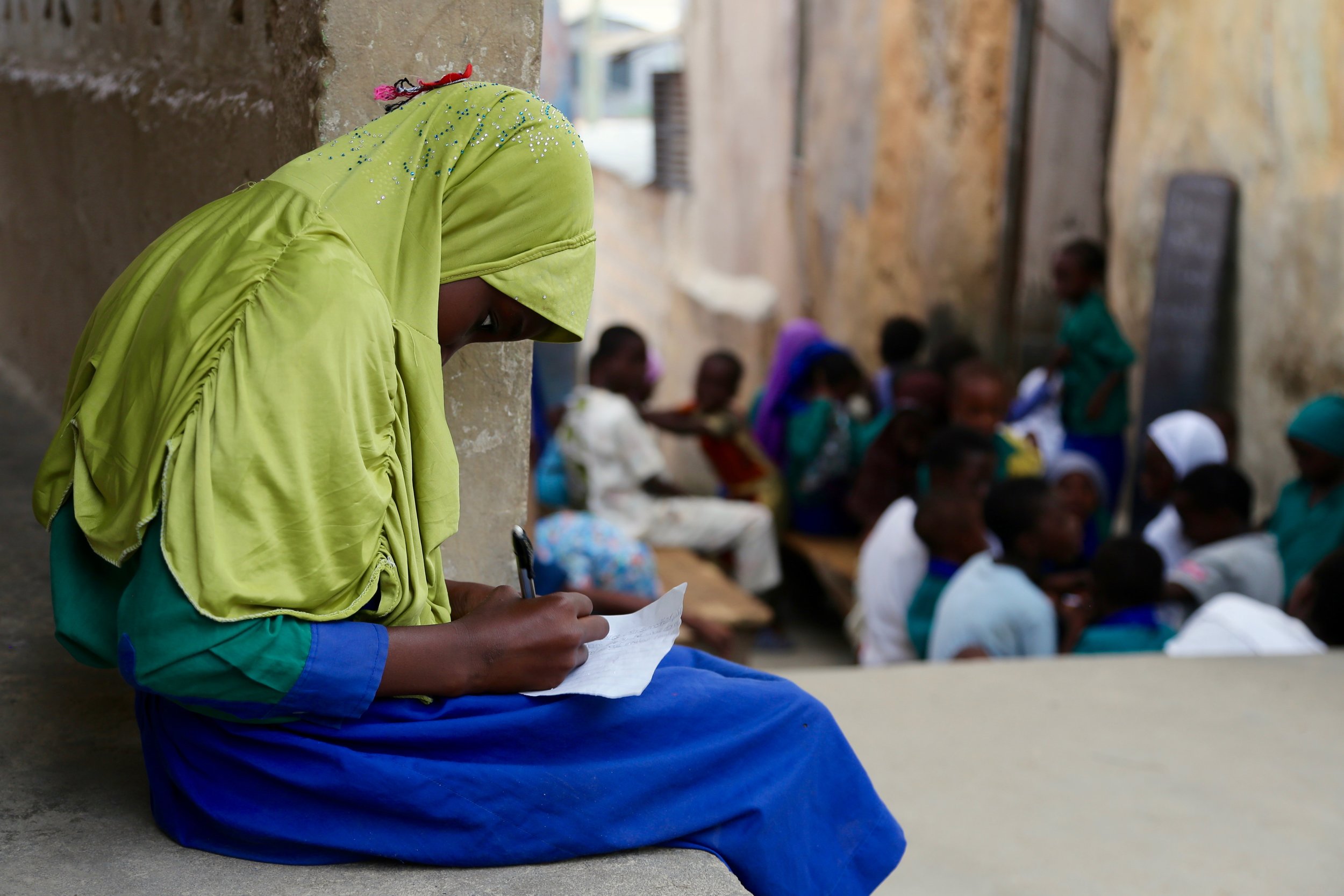Our Vision
Using story as the primary learning, teaching and engagement tool, the Zongo Story Project strives to elevate proficiencies in oral, written, and visual forms of literacy; promote the knowledge building of local history, local culture and local contemporary concerns; and lay the crucial foundation for the acquisition of vital twenty-first century critical thinking skills.
The Zongo Story Project - which springs directly from the local concerns of the Cape Coast Zongo community, a minority and historically marginalized Hausa settlement - believes that locally curated, culturally appropriate learning materials in which children “see themselves” yield better results. Accordingly, we believe with UNESCO that, “There are many practices of literacy embedded in different cultural processes, personal circumstances and collective structures.” Additionally, we also agree in UNESCO’s position that, “Literacy skills are the prerequisite for the learning of a broader set of knowledge, skills, attitudes and values, required for creating sustainable societies.” In short, we firmly believe - as many recent studies suggest - that community-led literacy programs, powered by locally curated learning materials, drive students to engage more deeply and more meaningfully with those materials, improving literacy outcomes and growing critical thinking skills. Ultimately, we visualize a world in which children of communities everywhere are better reflected and more thoughtfully represented in their books and other learning materials, improving outcomes for all.
“Education is a human right with immense power to transform. On its foundation rest the cornerstones of freedom, democracy and sustainable human development.”
-Kofi Annan, Ghanaian Diplomat
Program Overview
In the most basic terms, the Zongo Story Project seeks to set the stage for success. Experts in early childhood education agree that the basic skills of reading, writing and math are no longer sufficient. Indeed, in order to succeed and thrive in today’s increasingly connected, complex world, children must learn vital critical thinking skills. In fact, an increasing body of research shows that young students’ ability to synthesize information from multiple sources, compare and contrast texts, understand why things happen and make evidence-based predictions, greatly expands their world views, prepares them for lifelong learning, increases their earning potential and even leads to better health outcomes.
The Zongo Story Project, via guided interactions with culturally authentic and locally curated stories in the form of oral, visual and written works, leverages and activates the natural developmental arc from literacy acquisition, to increased critical thinking skills, to empowerment, empathy and self-efficacy.
That said, it must be noted, the Zongo Story Project is a supplementary educational program that is neither intended to replace nor supplant formal schooling. Nonetheless, we recognize the fact that a sizable percentage of local children are not enrolled in school or well served by formal educational institutions. Accordingly, the Zongo Story Project meets children’s needs on their own terms, whenever and wherever there are, in school or out, formally or informally, via existing community structures or through other means. The Zongo Story Project is simply an additional educational tool. Its integration into the community is to be locally determined and locally activated.
Objectives
Using the story as the primary learning and teaching platform, there are three primary goals for the Zongo Story Project.
1. The first goal is to elevate proficiencies in oral, written and visual forms of literacy.
Rather than compartmentalize speaking, writing, reading, and drawing, there is research that shows one form of literacy helps raise the performance of the others. Thus, this project seeks to work between these forms to foster a deep, local literacy that moves from what students see and interpret around them, to more abstract concepts and knowledge building.
“Literacy is ability to identify, understand, interpret, create, communicate and compute, using printed and written materials associated with varying contexts. Literacy involves a continuum of learning in enabling individuals to achieve their goals, to develop their knowledge and potential, and to participate fully in their community and wider society.”
-UNESCO, from The Plurality of Literacy
2. The second goal is to develop foundational skills in critical thinking and problem-solving.
Instead of an emphasis on facts and rote memorization within the classroom, this project encourages thoughtful analysis, questioning, reflection, and application to everyday experience. In turn, these critical modes of thinking and problem-solving help students gain entrepreneurial agency, inventively contribute to improving their world, and link what is to what could be.
“Fiction enormously enhances our creativity. It offers us incentives for and practice in thinking beyond here and now, so that we can use the whole of possibility space to take new vantage points on actuality and on ways in which it might be transformed.”
-Brian Boyd, from On the Origin of Stories
3. The third goal is to learn from local histories, landscape heritage, material culture, and contemporary societal concerns.
Rather than learning from imported textbooks that have little local and personal relevance, this project is designed to build up a rich library of books with which Ghanaian students can identify. In addition, students will gain not only an increased awareness about where and how they live, but also the capacity to bring about meaningful, positive change in their communities.
“Critics of the education system say that its failure to incorporate Ghanaian cultural values is a large part of the problem. They suggest that making local cultural values a fundamental part of the education system will create a happier, more harmonious society.”
-John Boateng, Lecturer at University of Ghana
